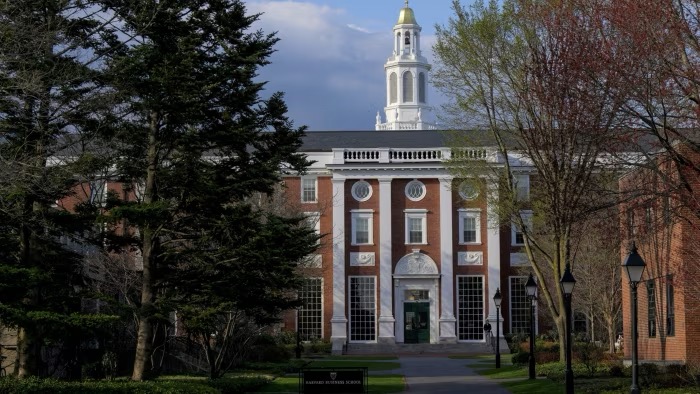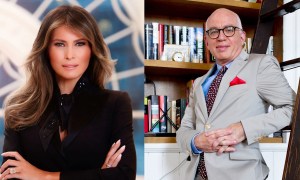On May 22, 2025, the Trump administration took the unprecedented step of revoking Harvard University’s authority to enroll international students, citing allegations of fostering an unsafe campus environment and failing to comply with federal demands. This move has significant implications for the university’s operations, its international student body, and the broader landscape of U.S. higher education.
Background: The Administration’s Allegations
The Department of Homeland Security (DHS) announced the revocation of Harvard‘s certification under the Student and Exchange Visitor Program (SEVP), effectively barring the university from enrolling new international students and requiring current foreign students to transfer or face the loss of their legal status. DHS Secretary Kristi Noem accused Harvard of creating an environment that is “hostile to Jewish students,” promoting “pro-Hamas sympathies,” and employing “racist ‘diversity, equity, and inclusion’ policies”.
Additionally, the administration alleged that Harvard had coordinated with the Chinese Communist Party, hosting and training members of a Chinese paramilitary group as recently as 2024 . These claims have been met with skepticism and concern from various academic and civil rights organizations.
Impact on International Students
Harvard’s international student population is substantial, with nearly 6,800 students from over 100 countries, accounting for more than a quarter of its student body . The revocation of SEVP certification places these students in a precarious position, forcing them to seek transfers to other institutions or risk deportation.
The sudden policy shift has disrupted the academic and personal lives of many students. For instance, Shreya Mishra Reddy, an Indian student enrolled in Harvard Business School’s Program for Leadership Development, expressed uncertainty about completing her course after investing significant time and financial resources .
Harvard’s Response and Legal Actions
Harvard University has condemned the administration’s actions as unlawful and retaliatory. In a statement, the university emphasized its commitment to supporting its international community and maintaining its academic and research mission .
The university has initiated legal proceedings, arguing that the government’s actions violate constitutional protections and overstep federal authority. A federal judge in California has issued an injunction blocking the administration from terminating the legal status of international students nationwide while legal challenges are pending .
Broader Implications for Higher Education
This development is part of a broader pattern of the Trump administration’s confrontations with elite academic institutions. Earlier in 2025, the administration froze over $2 billion in federal funding to Harvard and threatened to revoke its tax-exempt status, citing the university’s resistance to federal demands and its handling of campus protests related to international conflicts .
The administration’s actions have raised concerns about academic freedom, institutional autonomy, and the politicization of higher education. Scholars and educators warn that such measures could deter international students from studying in the U.S., thereby diminishing the country’s global academic standing and cultural exchange.
The Trump administration’s decision to bar Harvard from enrolling international students marks a significant escalation in the ongoing tensions between federal authorities and higher education institutions. As legal battles unfold and the academic community responds, the situation underscores the delicate balance between national security concerns and the principles of academic freedom and international collaboration.

















